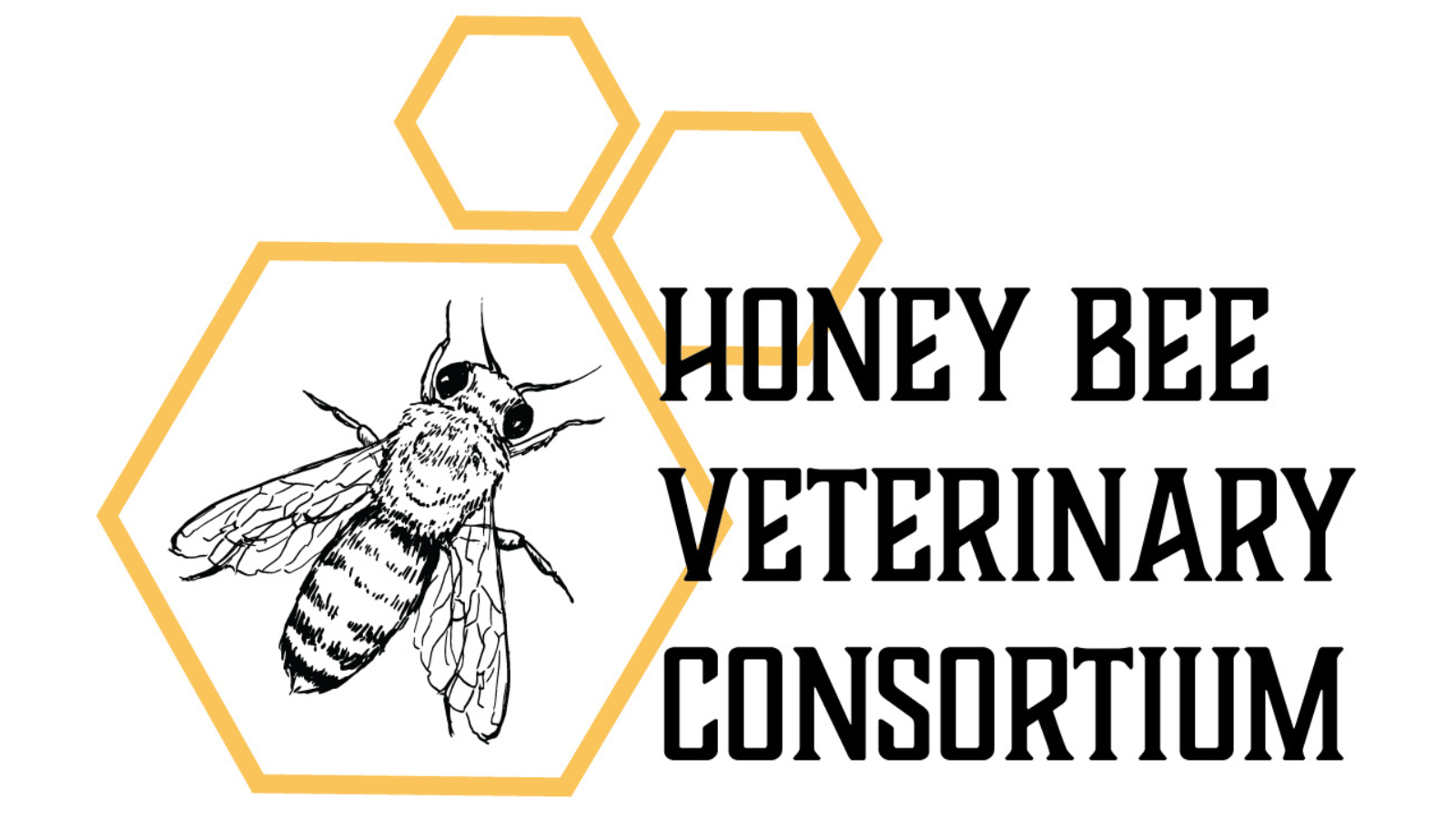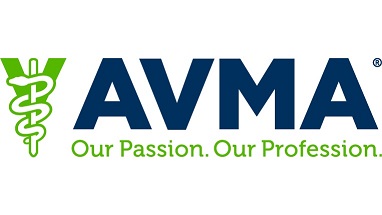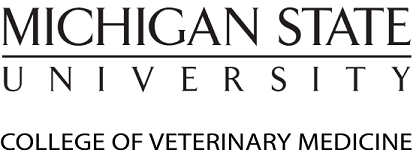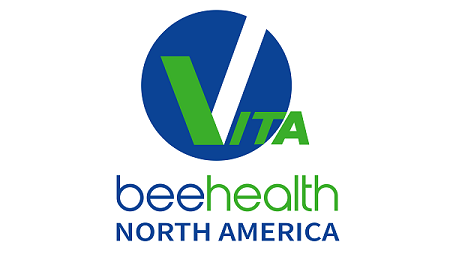Honey Bee Veterinary Consortium Annual Conference (Virtual)
Online Course (On-Demand)

The Honey Bee Veterinary Consortium (HBVC) is made up of students and professionals from all segments of veterinary medicine and animal science who care about bees and beekeeping.
As of January 2017, if a beekeeper needs to administer antibiotics to their honey bees, they are required to have a prescription or feed directive from a licensed veterinarian. Part of our mission at HBVC is to provide an avenue for beekeepers to locate a veterinarian that is willing to work with bees.
The 2024 HBVC Virtual Conference will feature lectures that will cover a wide variety of honey bee related topics. You can view the full schedule below. Sessions are available on-demand through December 31, 2024.
Questions about the conference or registration? Contact ceregistration@ncsu.edu.
Schedule – Saturday, September 21st (ALL TIMES LISTED ARE EDT)
| TIME | TOPIC | SPEAKER |
|---|---|---|
| 9:00AM-9:10AM | Welcome | Dr. Britteny Kyle |
| 9:10AM-10:00AM | The Impact of Global Climate Change on Pollinators | Dr. Terry Ryan Kane |
| 10:00AM-10:50AM | Beekeeping 101: The Essentials for Veterinarians | Dr. Randy Lynn |
| 10:50AM-11:10AM | BREAK | |
| 11:10AM-12:00PM | Time of a Checkup: An Overview of Honey Bee Colony Examinations | Dr. Tracy Farone |
| 12:00PM-12:50PM | Honey Bee Diseases and Pests: What’s Bugging Your Bees? | Dr. Melissa Holahan |
| 12:50PM-1:40PM | Varroa Destructor: Don’t Let These Mites Destroy Your Beekeeping Future | Dr. Melissa Holahan |
| 1:40PM-2:10PM | LUNCH BREAK | |
| 2:10PM-3:00PM | Preventing Pesticide Losses | Dr. Bob Rogers |
| 3:00PM-3:50PM | Bee Pathology | Dr. Brittany McHale |
| 3:50PM-4:30PM | HBVC Update | Dr. Britteny Kyle Dr. David Martinez |
Schedule – Sunday, September 22nd (ALL TIMES LISTED ARE EDT)
| TIME | TOPIC | SPEAKER |
|---|---|---|
| 9:00AM-9:50AM | The Science of Pollen Substitutes | Dr. Jamie Ellis |
| 9:50AM-10:40AM | Recognizing and Addressing Queen Events | Dr. Jamie Ellis |
| 10:40AM-11:00AM | BREAK | |
| 11:00AM-11:50AM | European Foulbrood - What Does the Literature Say? | Mo Usavage |
| 11:50AM-12:40PM | The ABCs of AFB: American Foulbrood from a Veterinary Perspective | Dr. Britteny Kyle |
| 12:40PM-1:30PM | Diagnosing Honey Bee Brood Diseases | Dr. Peter Fowler |
| 1:30PM-2:00PM | LUNCH BREAK | |
| 2:00PM-2:50PM | Colony Nutrition & Forage: What's Feeding Healthy Bees? | Mark Carlson |
| 2:50PM-3:40PM | Urban Honey Production and Analysis | Mark Carlson |
| 3:40PM-4:30PM | Entomovectoring: A Novel Approach to Enhancing Hive Health | Dr. Erica Shelley |
Speakers
- Mark Carlson, BS, MS – CA Master Beekeeper
- Jamie Ellis, PhD – Gahan Endowed Professor of Entomology, University of Florida
- Tracy Farone, DVM – Professor of Biology, Grove City College
- Peter Fowler, DVM – Michigan State University
- Melissa Holahan, DVM, DACVECC – Postdoctoral Research Associate and Lecturer, Washington Animal Disease Diagnostic Laboratory
- Terry Ryan Kane, MS, DVM – Founder, A2 Bee Vet
- Britteny Kyle, DVM, MSc – PhD Student in Epidemiology, Ontario Veterinary College
- Randy Lynn, MS, DVM, DACVCP – Retired Industry Veterinarian
- Brittany McHale, DVM, MPH, DACVP – Assistant Research Scientist & Co-Director of Infectious Diseases Laboratory, University of Georgia
- Bob Rogers, DVM
- Erica Shelley, PhD – Founder, Best for Bees
- Mo Usavage – University of Minnesota
Registration
The registration fees are as follows:
- HBVC Member – $200
- Non-Member – $250
- Student – $100
The registration fees include access to both the livestream via Zoom and on-demand access to the conference content until December 31, 2024. The program will offer 15 hours of AAVSB RACE approved CE credits for veterinarians and veterinary technicians.
Sponsors
Thank you to our supporters!





If you are interested in sponsoring the 2024 HBVC Conference, please contact the NC State College of Veterinary Medicine Office of Continuing Education at ceregistration@ncsu.edu.